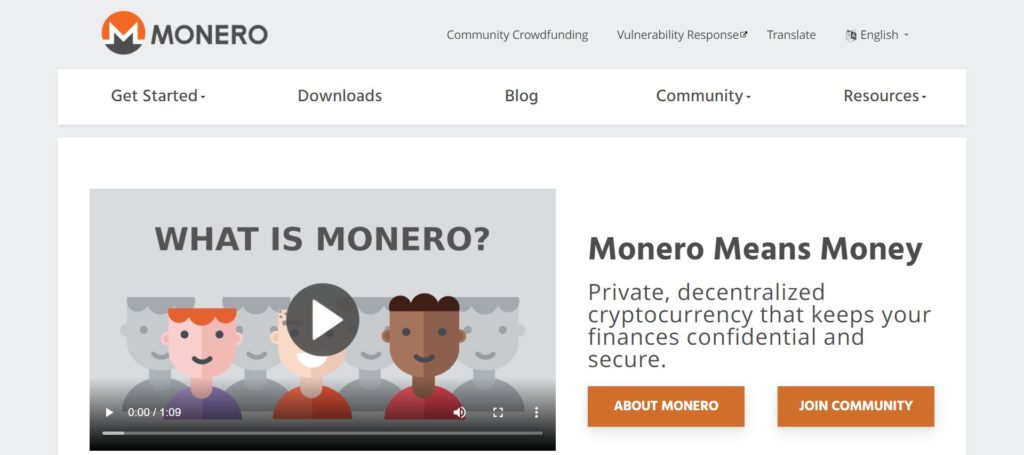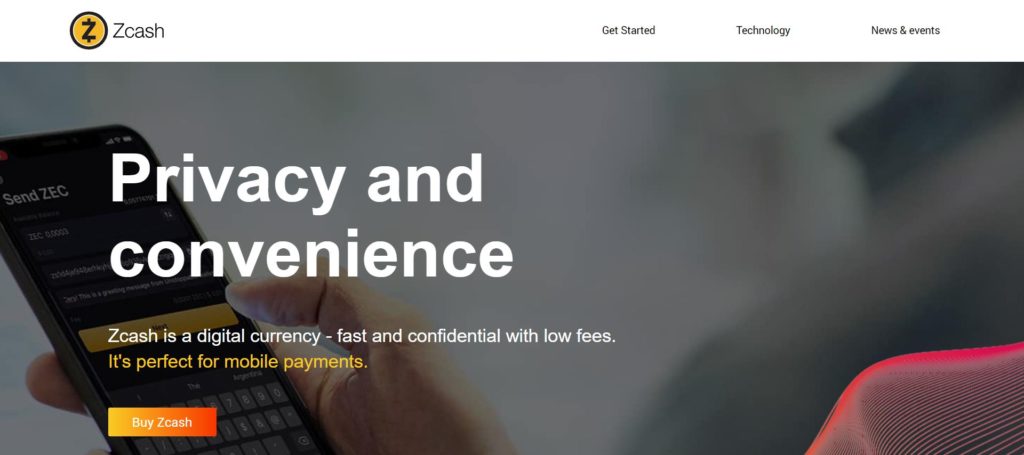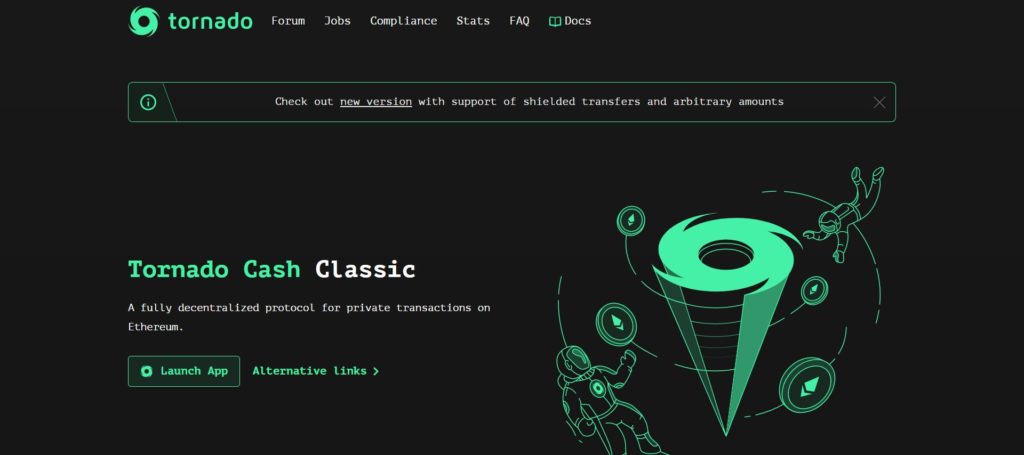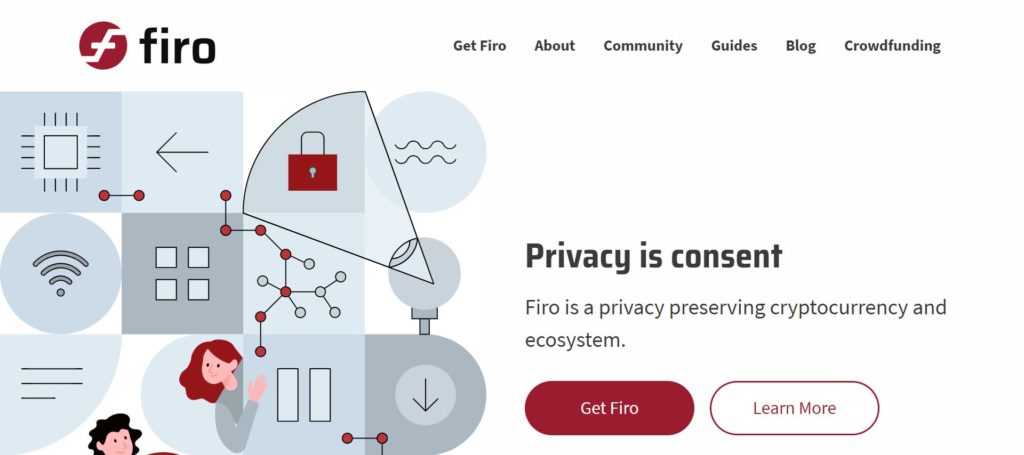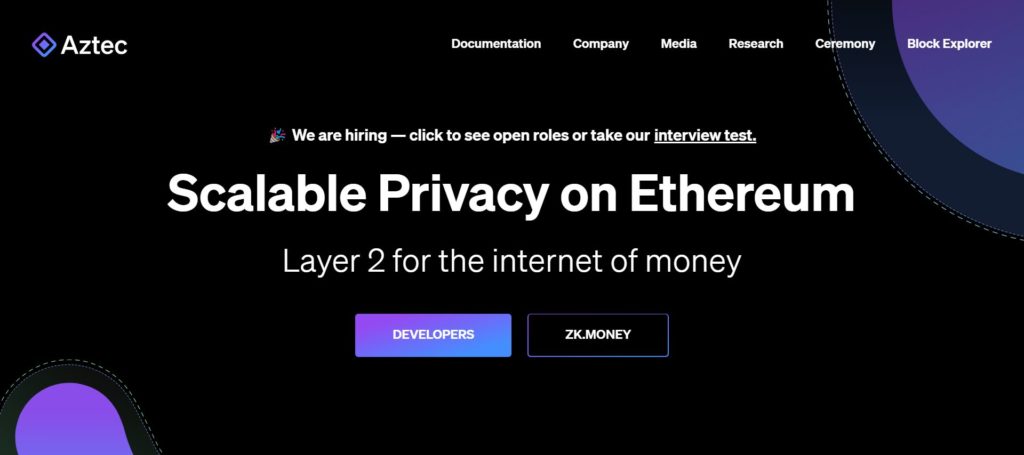Blockchain privacy is a hot item for public blockchains that support smart contracts. There is a lot of money and other assets at risk. So, if you want to keep your privacy with your crypto assets. Here are tools and software to do just that.
The question is, what is available for blockchain privacy at the moment? Furthermore, whatever is on offer, is it private enough? Therefore, we are going to look at some blockchains that offer privacy. But, most importantly, can they deliver what we expect? Let’s take a deep dive into blockchain privacy, to find all the answers.
Do We Need Blockchain Privacy?
We do need blockchain privacy. For the same reason that we don’t go around showing off our bank statements in public. However, the blockchain design has fundamental privacy problems. For instance, each active Bitcoin node can access all transactions on a chain. Back to the genesis block.
Although the transactions do not include names, it is possible to link persons. For example, the more often an address appears, the easier it will be to link it to a specific person. This is what we call “anonymous” for blockchains like Bitcoin.
The fact that blockchains are immutable doesn’t make it easier. Special software can track blockchain communication between nodes. As a result, it is possible to link transactions and also internet protocol addresses. Therefore, it is no wonder that blockchain privacy is a hot disputed matter. Here are some blockchains and mixers that claim to offer privacy:
1) Monero (XMR)
Monero is a layer 1 blockchain. Ranked by market cap, it takes the first spot. It has a proof-of-work (PoW) consensus mechanism, just like Bitcoin but has no smart contract capacity. The team claims that Monero is not traceable or linkable. As a result, it is a popular coin and is used a lot on the darknet.
For its privacy, it uses:
- Ring confidential transactions (Ring CTs). This hides the origin, destination, and amount of a transaction. Furthermore, it groups transactions.
- Stealth addresses. These are one-time public keys. Each transaction generates a new address.
- Dandelion++. This hides IP addresses related to nodes.
On the other hand, Monero is not as private as it seems. A few problems XMR, Monero’s native token, faces are human-related issues. It is also vulnerable to attacks that weaken addresses owner’s privacy. The result is moderate blockchain privacy.
Source: Monero website
2) ZCash (ZEC)
Zcash is also a layer 1 blockchain and forked (split) from Bitcoin in 2016. It has a strong cryptographic warrant backed by a proof-of-stake (PoW) mechanism but has no smart contract functions.
For privacy, it uses ‘zk-SNARKs’. This is a Zero-Knowledge Succinct Non-Interactive Argument of Knowledge. In other words, it is possible to verify fully encrypted transactions. This includes the identity and the amount of all parties involved. An interesting addition to ZKP protocols (zero-knowledge proof).
Furthermore, with the Halo 2 upgrade, they added an improved zk-SNARK in 2020. This may make the trusted set-up obsolete. Therefore, Zcash uses two different addresses:
- Transparent addresses. Possible to track them on the Zcash blockchain.
- Shielded addresses. Z-addresses or encrypted addresses. All data and amounts are not visible.
Also, Zcash offers stronger privacy compared to ring signatures. Most certainly when the trusted set-up is no longer needed.
Source: Zcash
3) TornadoCash
TornedoCash is a decentralized protocol for private transactions on Ethereum. As a result, it obfuscates digital trails on Ethereum. It allows for deposits and withdrawals in fixed amounts (0.1, 1, 10, 100 ETH). This is a potential drawback. Most importantly, third parties can’t control TornadoCash.
Also, TornadoCash breaks the on-chain link. The source address is not the same as the destination address. However, you need to follow various steps to keep the transaction as private as possible. There are potential weak links if you don’t pay attention during the transaction.
Since June 2021, TornadoCash is also working on other blockchains like BNB, Polygon, Avalanche, Gnosis, Arbitrum One, and Optimism. To sum up, this protocol provides probabilistic privacy.
Source: TornadoCash
4) Secret Network (SCRT)
Secret Network is another layer 1 blockchain. It is built on Cosmos/Tendermint. However, they use smart contracts and data privacy is by default. They do this by a new concept called “trusted execution environments (TEE)”. In other words, privacy-preserving computations over encrypted data.
Currently, they use Intel SGX to provide privacy, which should stay a safe environment forever. Furthermore, without ever seeing retroactive attacks. However, here lies the problem. Intel themselves have denounced SGX.
As a result, you can make a case that not hardware, but rather math or cryptography should secure a blockchain. Therefore, promising but not strong enough for blockchain privacy. Their secret NFTs are interesting, though.
Source: Secret Network
5) Wanchain (WAN)
Wanchain is another layer 1 blockchain that offers privacy protection and cross-chain interoperability. Also, smart contracts are available and they use one-time accounts. Similar to Monero, they use ring signatures for privacy.
Wanchain sends money to this on-time account instead of a public address. Your private key gives access to all one-time accounts. However, private transactions are only possible with WAN. We explain this in a previous article on Wanchain. On the other hand, transactions are fast and take less than 2 minutes. However, Wanchain gives limited options for blockchain privacy.
Source: Wanchain
6) Firo (FIRO)
Firo is a layer 1 blockchain that uses a burn-and-redeems model that doesn’t need a trusted set-up. The system burns coins to later redeem them for new coins. These new coins have no transaction history. Furthermore, it is not possible to identify the source. They also use trustless ZKP, stealth, and one-time addresses. A third party cannot link the address of a recipient to a transaction.
This gives good blockchain privacy. However, scalability is a potential issue and the verification of proof may be low compared to certain zk-SNARKS.
Source: Firo
7) Aztec Network
Aztec Network is a layer 2 solution on Ethereum. It launched in February 2022 and is the new kid on the privacy block. They use the same ZKP as Zcash. However, you can mint your private assets. Currently, only with DAI, but more tokens are to follow.
To encrypt blockchain data, they use the zk-SNARKs privacy algorithm. According to the team, this is more efficient and also a cheaper option compared to other chains. They use end-to-end encryption. Also, the blockchain verifies the transactions with ZKP. In other words, you deposit tokens in the Aztec layer 2. Aztec mixes and handles the private Uniswap transactions. With a note that you receive, you can withdraw to a brand new and unlinked mainnet address. It is new, but it has potential.
Source: Aztec Network
What Is the Current Blockchain Privacy Status?
The current blockchain privacy status is not great. It is not playing the devil’s advocate, but more a sum of all accomplishments so far. None of the currently available options seem to nail privacy for 100%. One big issue is that blockchains are immutable. In other words, you can always look up all the information and transactions stored on a blockchain. As a result, blockchain is great for security, but not so good for privacy.
Also, Web 3.0 will make us even share more information. However, a positive here is that Web 3.0 allows us to control our data. We can decide who can see my data and what data they can see. It is possible to block data by blocking access to nodes. Surely, this needs regulation. Governments, we as individual people, and businesses need to come together on this.
We see good ideas in various current privacy blockchains. It needs one super blockchain that can combine all these good ideas. Cryptography innovations are coming fast and furious. As a result, the future looks promising:
- No more trusted setup ceremonies.
- ZK-crypto becomes EVM compatible.
- All transactions are private by default.
Conclusion
We can all agree that blockchain privacy is of importance to everybody. We see some good attempts, but they are not the all-encompassing solution yet.
Privacy is a right, that is worthwhile the fight. Mass adaption is coming, and it will help because the volume will increase. Hence, it will not be possible to block all current 106+ million users from privacy options. Let’s start with making layer 1 chains private by default.
Moreover, for the more great info, join us on Telegram to receive free trading signals.
Above all, for more cryptocurrency news, check out the Altcoin Buzz YouTube channel.
Find the most undervalued gems, up-to-date research and NFT buys with Altcoin Buzz Access. Join us for $99 per month now.
Disclaimer
The information discussed by Altcoin Buzz is not financial advice. This is for educational, entertainment, and informational purposes only. Any information or strategies are thoughts and opinions relevant to the accepted levels of risk tolerance of the writer/reviewers and their risk tolerance may be different than yours. We are not responsible for any losses that you may incur as a result of any investments directly or indirectly related to the information provided. Bitcoin and other cryptocurrencies are high-risk investments so please do your due diligence. This article has been sponsored by Wanchain and Firo. Copyright Altcoin Buzz Pte Ltd.


























